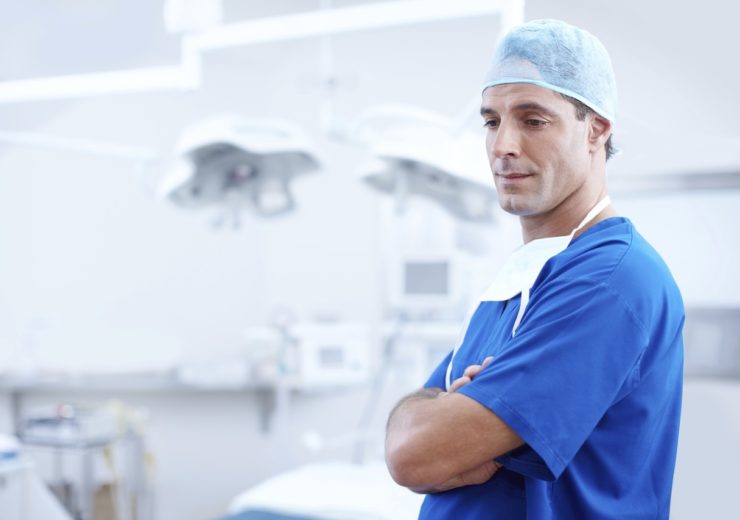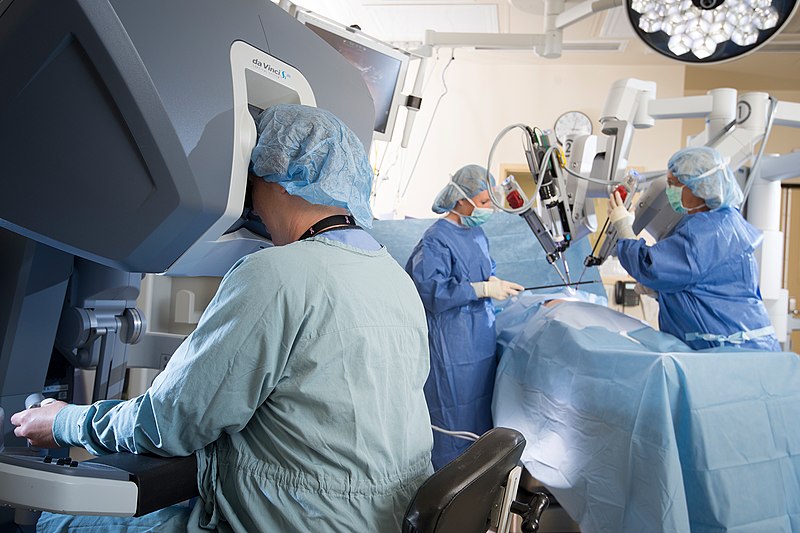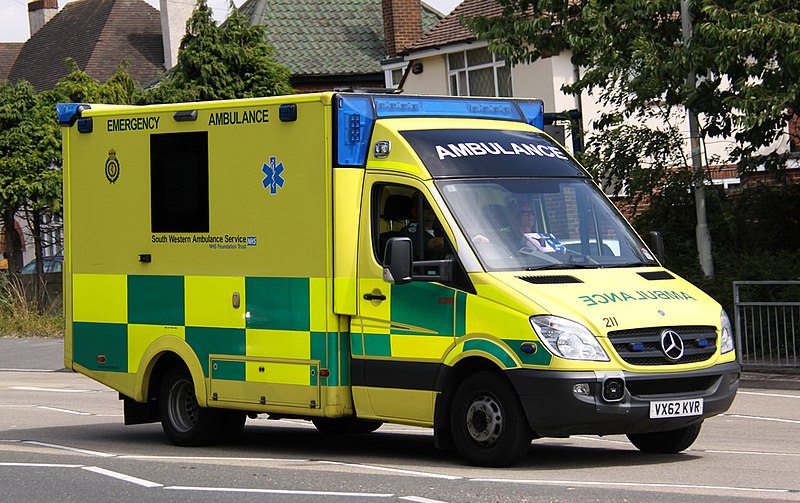The introduction of 5G promises to give people faster mobile downloads and aid the development of autonomous vehicles - but it also presents numerous opportunities for the healthcare industry

5G could present several opportunities for the healthcare sector (Credit: Pixabay)
Video GP appointments, remote robotic surgeries and connected ambulances are some of the innovations that could be embraced by the healthcare industry with 5G.
The benefits of next-generation connectivity have been well documented for consumers and factories – and now a report from TechUK outlines the opportunities it presents for reducing healthcare costs and improving patients’ quality of life.
Liverpool has acted as a testbed to trial the integration of 5G in the public health and social care sectors to demonstrate some of the advantages it can bring.
These included, the remote monitoring of patients, connected ambulances and digital loneliness devices.
Rosemary Kay, project director of Liverpool 5G Testbed, said: “The innovative and transformative qualities of 5G can drive much-needed changes to health and social care.
“Some 39% of us will be over 65 by 2036, so more people are living with age-related conditions like heart disease and there’s less money to treat them.”
How 5G could impact healthcare
Remote surgeries

Robotic surgery is already used in operating theatres in the UK, but surgeons have to be in attendance to oversee the procedure.
The lower latency and higher capacity of 5G connectivity means that doctors could remotely view a high-definition video of the surgery and communicate with an assistant with less than a 0.1-second delay.
King’s College Hospital, in London, was able to demonstrate how a surgeon could use a haptic glove to remotely control a robotic arm in real-time over a 5G network.
Similarly, doctors in the south-eastern province of Fujian, China, performed the first robotic surgery using 5G, when they operated on a laboratory animal over 30 miles away.
According to the report, 48% of people believe robotic surgery to be acceptable, but 61% think there is a risk with relying on the internet.
The advantages of 5G may help to dispel some of these fears.
Patient monitoring with 5G
The additional speeds provided by 5G would allow healthcare professionals to provide consultations over video.
It is hoped this could free up GP time by reducing the number of in-person visits, while also speeding up access to patient data.
The report claims that connected medical devices could monitor the vital statistics of patients and report the data to medical professionals.
These advances are predicted to clear up 1.1 million hours for GPs in Britain.
A 5G connected ambulance service

The West Midlands was the only multi-city region that acted as a testbed for 5G.
Its focus was on the application of the technology in healthcare, construction and automotive.
As part of the tests, the local authority partnered with University Hospital Birmingham to bring 5G connectivity to its ambulance service.
Cameras in the ambulance were able to broadcast live over a 5G network, which could be viewed by a doctor in the hospital.
This allowed a clinician to successfully guide a paramedic in performing an ultrasound scan on-board the ambulance, while it travelled to a hospital with an Accident and Emergency department.
The TechUK report added: “Enabling ultrasound scans to be performed by paramedics on-the-go and reviewed remotely by an expert clinician through a 5G network has the potential to speed up diagnoses for patients, as well as reduce the number of ambulance journeys and emergency department visits.”
Connected devices to alleviate social isolation
A number of connected devices could also help to alleviate pressures on the healthcare services by allowing patients to live more independently.
More than 50 million people are estimated to live in social isolation, and 5G technology could help people living in that situation.
One suggestion from the report was a push-to-talk device could be installed in homes of the elderly to help them speak to people with similar interests.
Another solution tested in Liverpool was a medication reminder device, which relies on 5G’s reliability to connect a pharmacist over the network to advise on how and when to take the medication and observe the patient taking it.
The report claims that 5G-enabled telecare devices could help reduce social care budgets by 5%, representing a saving of £890m.
Why Liverpool is testing 5G in healthcare
Liverpool was among a group of six cities, selected by the UK government, which received funding to test 5G over a range of applications.
One of the biggest pressures facing healthcare in Liverpool is the impending removal of support for traditional telehealth services.
Kay added: “By 2022, analogue services will disappear so we need to find reliable, affordable solutions to current telehealth services by that date if we’re to continue caring for everyone.
“These are our priorities at Liverpool 5G Health and Social Care.
“We have created 5G-supported apps and devices that help people with ongoing conditions to live independently at home for longer, without needing a hospital stay.
“5G technology is faster, more robust, and supports more data than current options, making it perfect for supporting health devices that people rely on to stay well.”


